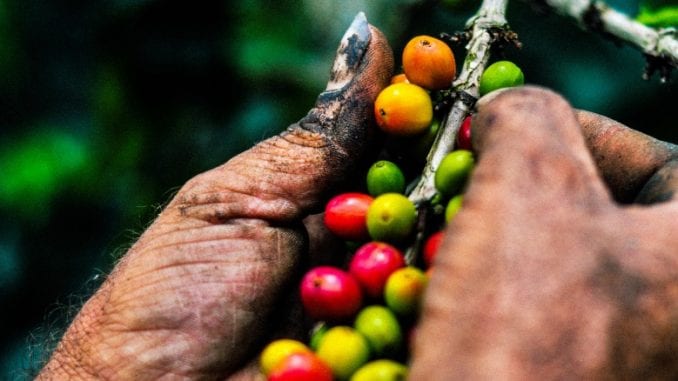
Chérmelle Edwards runs the coffee and culture website, The Coffeetographer, and she talks to us about her website, the spaces that inspire her, and how to carve a unique role for yourself within the coffee community.
Photos courtesy of Chérmelle Edwards unless otherwise noted.
Ashley Rodriguez: What are your earliest memories of coffee?
Chérmelle Edwards: My earliest memories are of my father. Growing up, I remember first the smell of it. I always smelled it before seeing it. When I did see it, it was, the smoke coming from coffee that I saw first, a little flume soon disappearing as quickly as I saw it. I can remember the trickle of sound from the automated dripper, I can remember the sound of my father sipping it and I intimately remember how he held his cup. He held it firm, with one hand coming out of the kitchen and then to occupy his other hand with something sweet; cake, pie or a honeybun. He drank it black, still does and only in the morning.
AR: What drew you to center your creative narrative around coffee?
CE: I was drawn to my narrative of coffee because it didn’t exist. There were a number of blogs and male voices around 2009 when I begin looking. Most of them spoke to their experiences which was appropriate. Others wrote about the science and techniques of coffee. And, still others wrote about the journey to the places categorized as ‘origin’ and while it had my attention, it didn’t keep it. Something was missing. What was missing, for me, were the other stories, the everyday people, the culture of coffee, and the expression of coffee through the Arts and as a lifestyle. It’s a lot easier to see coffee as these things now because of specialty coffee’s spread and because of attention being drawn to the fact that coffee is a culture. It’s a simple statement, that seems like an obvious truth but it wasn’t an expressed narrative and that’s been my mission, the cultural revolution I’m leading with The Coffeetographer.
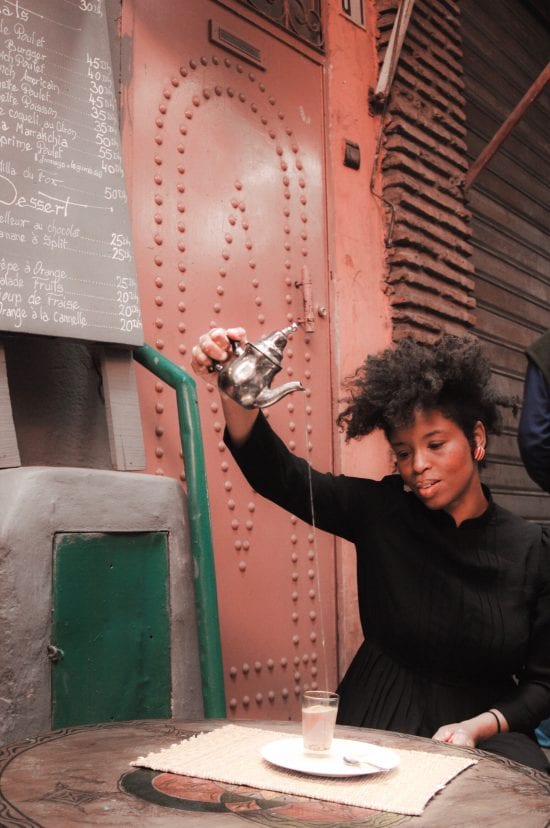
AR: What about coffee inspires you, both aesthetically and culturally?
CE: Aesthetically, I’m inspired by it as a substance. It’ not always black, its brown and red and burgundy but its often discussed as ‘black’ coffee. Culturally, there’s so much! We don’t have time for all the ways, but lets drop the mic on one major inspiration: Coffee is from Ethiopia, the cradle of all civilization, the motherland and mothers an entire universe. I’m inspired by that culture, and by how many consume the culture through the cup without even knowing that they are being mothered by Ethiopia, Africa. This inspires me!
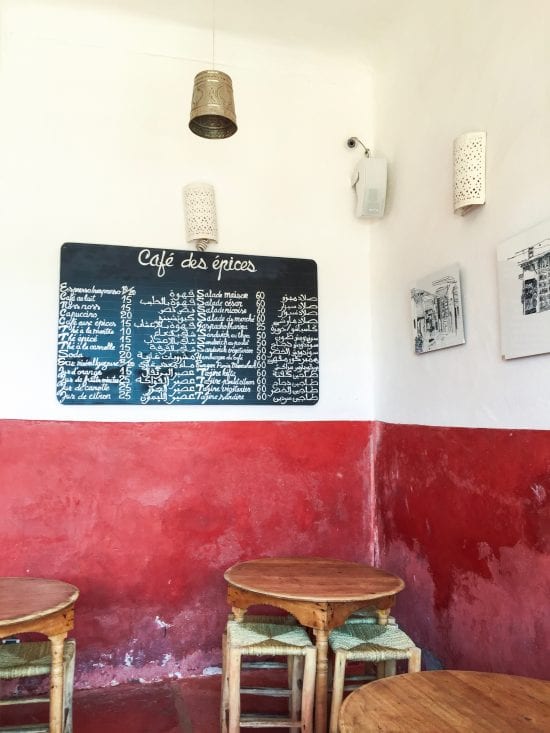
AR: What coffeeshops have you visited that you could spend all day in? What spaces do you keep wanting to come back to?
CE: I could spend all hanging out and around Menotti’s in Venice, it has that Cheers vibe in terms of everyone knows your name but modern, like everyone knows what kind of drink you might like, minus the alcohol and with the addition of dozens of palm trees. There’s a café in Morocco called Café des Espices, I love it! It has textured walls, is bi-level has outdoor seating and has the greatest vantage point for people watching and observing culture. I love places that provide multiple space to travel to within it. And then, there’s a café inside the McNally Jackson bookstore in New York. There isn’t wifi, which I love because it feels like the space is encouraging you to read and interact because it is adjacent to a bookstore. I love their communal table, I love that there is human chatter that I get distracted by and that its like a little social microcosm within this larger environment.
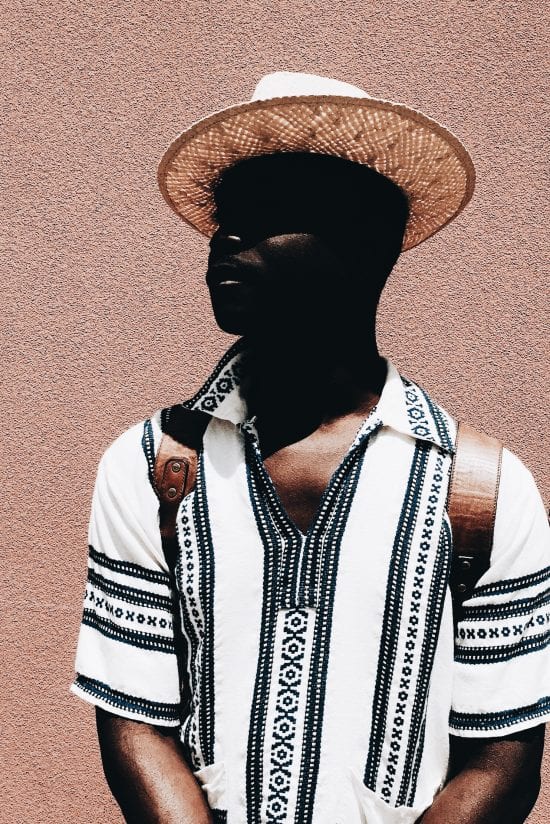
I want to keep coming back to places that are just that, a place, a place that is hospitable; a place that inhibits some tenets of local culture, while also showing touch points of its inspiration. I like spaces that understand the value of music to the coffee shop experience and places that through its customer attention and intention understand the value of human connection. The latter is a very difficult thing to master but achievable.
AR: You feature a lot of people in your photography–how do you start talking to them? What are you looking for when you walk into a cafe and you want to photograph someone?
CE: Interestingly enough, I feel they start talking to me. Often it’s in non-verbal ways. Energy is a major voice for me in my work. I feel it, I respond to it and I’ve learned to trust it. At times, its as simple as us being at a communal table together, or its something they’re wearing that speaks to me and at other times I’m curious about who they are, what story is waiting to find a voice to tell it. When I walk into a café I’m not looking, I’m being. And, by being who I am, I know and trust that who I’m suppose to meet I will. What’s interesting is the amount of people I’ve met and photographed and haven’t published their story. Sometimes, their story, that experience is for me, until it asks to be shared beyond that.
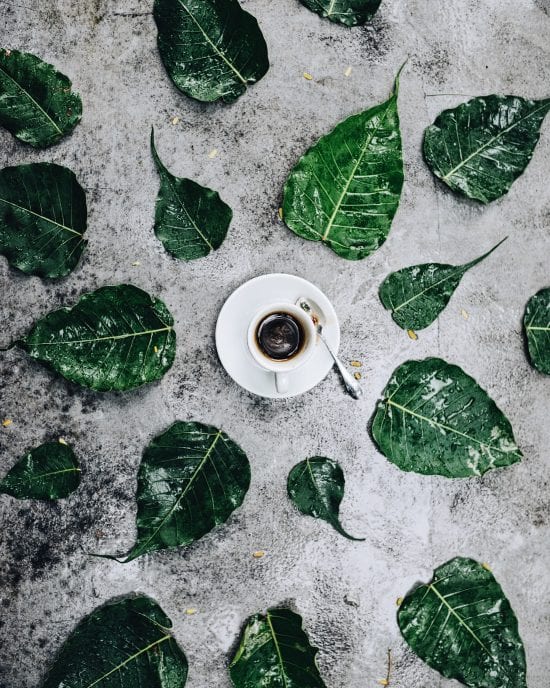
AR: What advice do you have for someone looking to carve a unique pathway for themselves in coffee, like writing or photography like yourself?
CE: Well, that would be refreshing. We need more voices, more points of views, more viewfinders to peer through. My advice is to identify the part of coffee and its culture that pulls you, see the gap that exists and fill it by being it, day in and day out. Value your value. Basically, the space that you choose to be an authority on, do the work to own it without looking for recognition from anyone or any body of people—this is important because while the culture is universal it isn’t always unified. Each time you create, write a piece, take a photo, have a conversation, publish an opinion, you win, you are a success minus whatever money comes or doesn’t.
AR: What do you want to share with others? What ideas or topics are interesting to you and what do you hope to explore in the future?
CE: I want to share that coffee is a culture. It’s the cultural birthright of the human. I want to share that as a creative, a photographer and storyteller in this industry I’m not seeking acceptance or awards. It is more important that my work, at whatever stage it finds itself in, or evolves to, finds alignment with those resonates with it. I share a lot of opinions offline. I’m looking forward to slowing down in some ways to express them more on the webzine, a platform created for them. I’m interested in hospitality in the industry and have been reading a lot about it. In the future, I hope to explore the motherland of coffee and by extension the world.
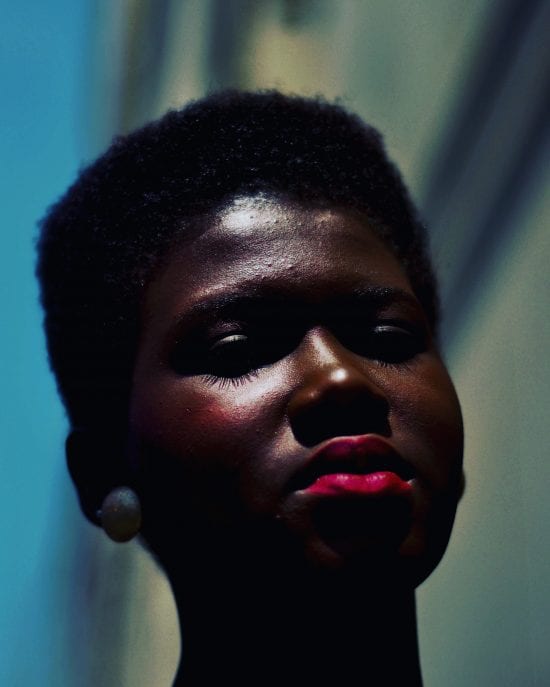
AR: What does success mean to you?
CE: It means I’m living the life not that I want but that I choose. It’s being radically responsible for my journey, knowing that I’m not trying to get anywhere, that where I am is here I’m going, and where is the journey of the now, the moments. The moments are what I remember, that we all remember: they make a culture.

